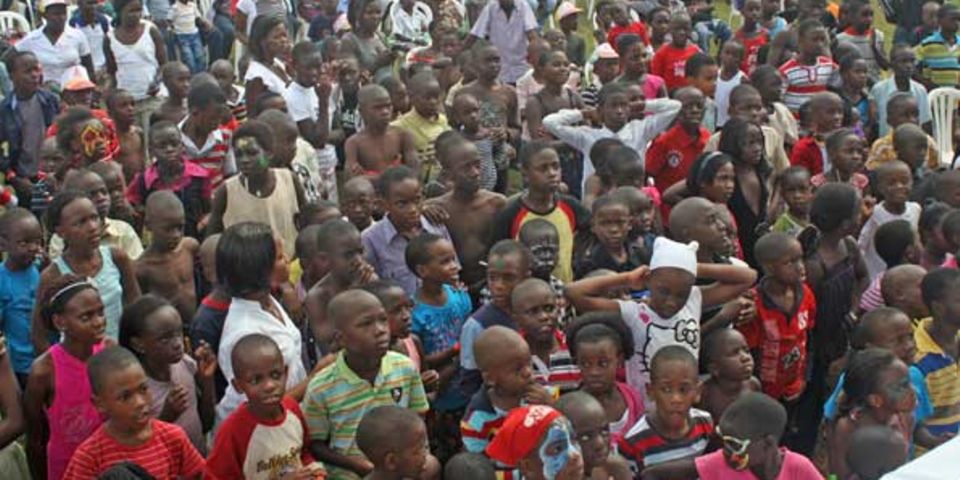Address challenges of rising population of Uganda

Uganda’s annual population growth rate is among the highest in the world and it is projected to rise from 45 million to 100 million by 2050 (World Bank).
Furthermore, Uganda has the youngest population in the world, with 75 percent of its population being under 35 years of age.
These are huge challenges to our society and we will be doing ourselves a disservice if we keep a blind eye or shift blame.
The advantages of having a youthful population are that there are a lot of potential workers for the future and it also gives the country a chance to build an educated and civilised community.
However, these advantages are not currently applicable to Uganda as there are not many jobs being created and so many young people are missing out on education.
If these young people are not planned for properly, our youthful population will continue to be a source of many tribulations.
History shows that a country’s inability to maintain and control its growing population causes poverty and political instability, because of high unemployment, overcrowding, shortage of food and public services.
So unless we resolve these enormous problems, then poverty will continue to rise and political instability will be inevitable in our country for many years to come.
There is lack of jobs in Uganda due to the fact that we have too many people of working age group. This can lead to crime due to unemployment and lack of hope for a bright future.
Secondly, Uganda has too many dependants and few tax payers. Therefore, there is a need to increase our strategies and community outreach systems all over the country, where the youth can be trained to gain knowledge, skills and confidence to be able to stand on their own without having to look up to someone else or to the government, as well as mindset change so as to get rid of the ‘tusaba government etuyambe’ attitude and hooliganism; and instead learn to use all business and entrepreneurship training well and micro-loans for business start-ups and any ongoing support from the government and NGOs.
Illiteracy is high in Uganda because sometimes, parents are unable to pay school fees leading to early withdrawal from school or lack of education.
It is fair to say that there is not enough emphasis on vocational training, for example, of the 10 million students who sit Primary Leaving Exams each year, only three million go to secondary schools, where do the others go or what happens to them?
In addition, there are too many universities and fewer technical colleges and this has encourages training for white collar jobs which are not available.
Therefore, a balance is required, whereby training in manufacturing/industry and export is increased in order to uplift the lives of our young people.
Strengthening Universal Primary Education and Universal Secondary Education and introducing compulsory education for all children below 16 years of age and banning child beggars/street children by supporting them through government education systems would greatly enhance youth livelihoods.
Leadership training is vital where integrity is emphasised and dishonesty discouraged as it is the seed that grows into corruption.
Young people need to be taught to stop admiring those who are able to enrich themselves through corruption.
Reaching out to the youth in a language that is easy for them to understand and targeting them through social media would produce some results.
For example, in February 2020, many young people missed the opportunity to attend the Farmer’s Harvest Expo 2020 that was held at Mandela Stadium because of the way it was advertised.
Many of them do not read newspapers or listen to the radio.
The title itself was not attractive to the young as it was presented as if it was just about farming.
This was a great show, packed with information, training and import/export opportunities etc, but it did not reach many who would have benefited from it.
It is obvious that more investment in terms of time, discussions and finances is needed in youth work, health and education so that the major current social problems regarding the youth and rising population can be solved.
Authored by Priscilla Karibwende-Kibuuka, [email protected]




